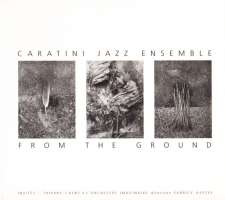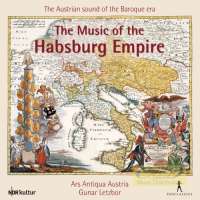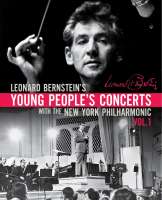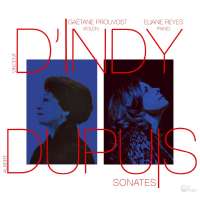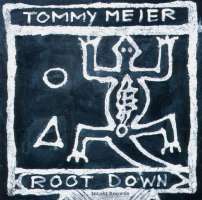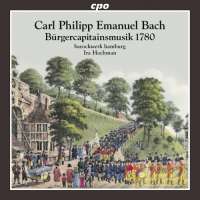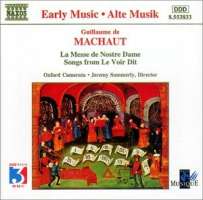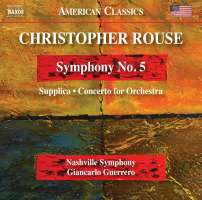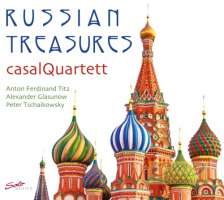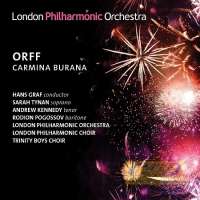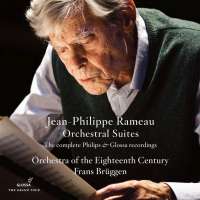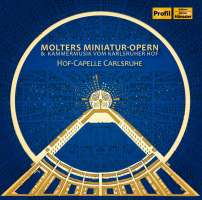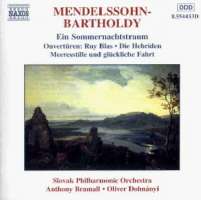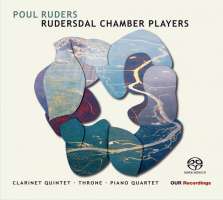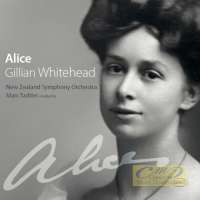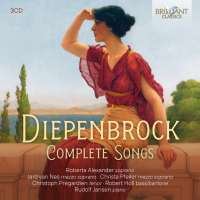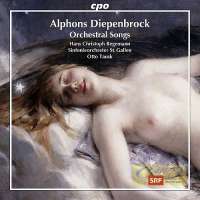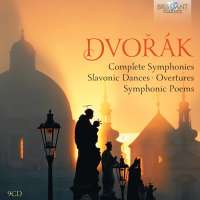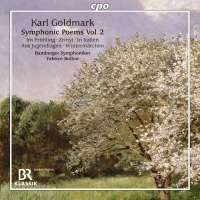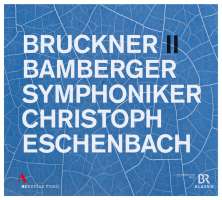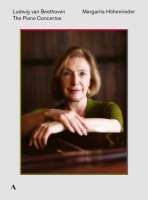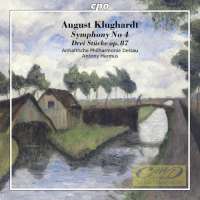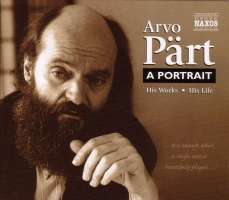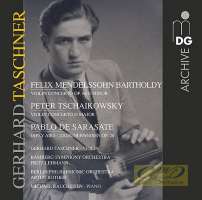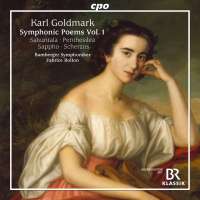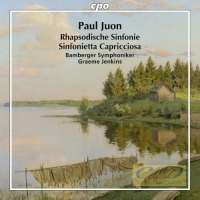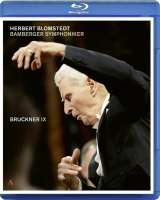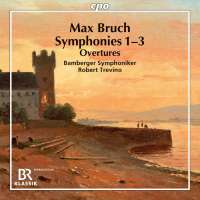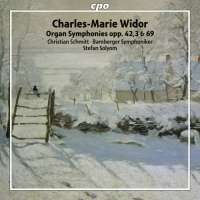
kompozytor
Diepenbrock, Alphons
tytuł
Diepenbrock: Symphonic Poems
wykonawcy
Bamberger Symphoniker;
Hermus, Antony;
Hermus, Antony;
nr katalogowy
CPO 777 927-2
opis
Many of those who listen to our latest Diepenbrock CD will be very surprised to learn that this Dutch composer never was trained professionally as a musician. He was a philologist and taught the Greek and Latin languages and in the philological disciplines. For this reason Diepenbrock might be described as an amateur, but in reality he numbered among the best Dutch composers of his times. Nevertheless, he learned mainly from experience and read as many books as he could about music history and music theory. In addition, he of course attended the Concertgebouw performances whenever he had the opportunity to do so. One of the fields in which he was especially interested was the theater and above all the great classical tragedies. Here his career as a classical philologist and his calling as a composer complemented each other. During the last tens years of his life Diepenbrock composed five incidental works, for Marsyas (1910), Gijsbrecht van Aemstel (1912), The Birds (1917), Faust (1918), and Elektra (1920). In these stage works he endeavored to combine the music in various ways with the theatrical elements of dance and recitation. Nietzsche's discussion of The Birth of Tragedy from the Spirit of Music (1872) was one of his sources of inspiration. The critics frequently agreed that Diepenbrock's music had more character and appeal than the dramas concerned – or at least the translations and adaptations of them that were available to him.
nośnik
CD
gatunek
Muzyka klasyczna
producent
CPO
data wydania
05-07-2016
EAN / kod kreskowy
761203792726

(Produkt nie został jeszcze oceniony)
cena 58,00 zł
lubProdukt na zamówienie
Wysyłka ustalana indywidualnie.
Darmowa wysyłka dla zamówień powyżej 300 zł!
Darmowy kurier dla zamówień powyżej 500 zł!
sprawdź koszty wysyłki
